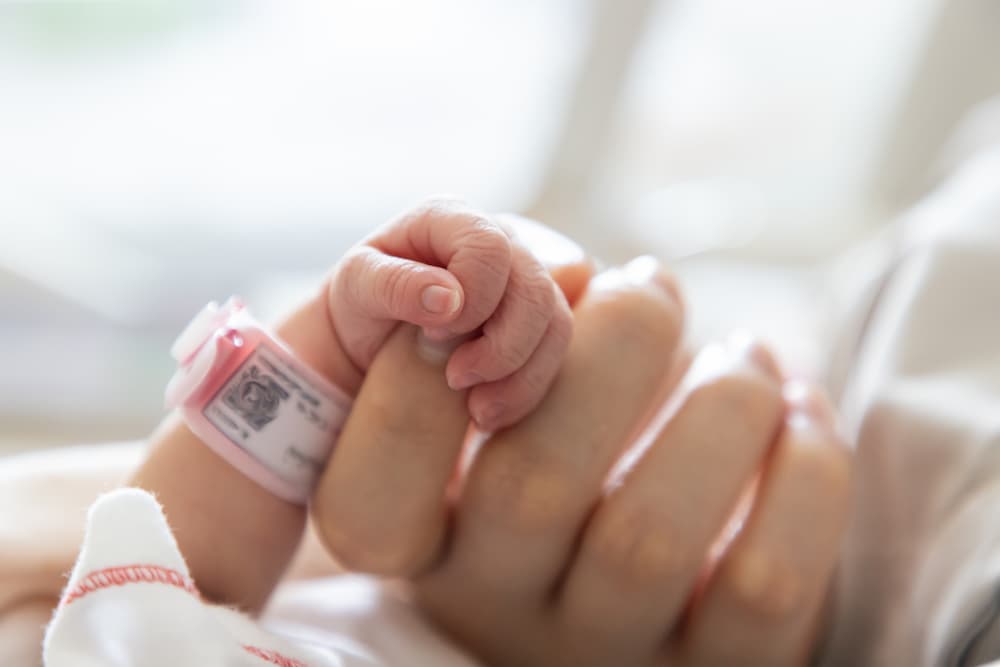Having a child is a life-changing experience. With all of the baby preparation, doctor’s appointments, and the planning- chances are you haven’t been too focused on things like what you’re going to do with the placenta. Once responsible for providing oxygen and nutrients to your growing baby, many parents don’t give it much thought, and it is normally just disposed of as medical waste.
Not many parents realize that you can, in fact, donate your placenta and the portion of the umbilical cord attached to it for science or medical use.
The placenta actually has a variety of uses, and at Gift of Life Michigan we encourage new parents to consider placenta donation. Keep reading to see how it’s an easy way to give life a second time.
How Does Placenta Donation Work?
Placenta donation starts with informing your doctor. Then you’d just fill out a form, and one of our coordinators at Gift of Life Michigan will contact you.
The process does involve filling out a consent form and agreeing to a blood draw which is used for screening any infectious diseases that might be passed from one donor to another.
You will also be asked to share your medical history.
After you have successfully given birth, instead of being disposed of, the placenta will be collected for donation, tested, and then used for one of a number of purposes.
Why Do People Sign Up To Donate Their Placenta?
Donating your placenta is one of the simplest ways you can help potentially save or improve another life without major risks to you or your child.
Donated placentas are used to make therapeutic products for:
- Treating burns and wounds
- Treating diabetic foot ulcers and similar painful, non-healing wounds
- Gum grafts
- Nerve wrap and ligament repair, and sometimes other orthopedic procedures
- Breast reconstruction
- Hernia and colon repair
- Alleviating pain from scar tissue during spinal procedures
Donated placentas might be used in medical research to help develop new treatments or improve our understanding of human biology.
Am I Eligible to Donate My Placenta?
Birth parents who intend to donate must be at least 18 years of age and be free of certain infectious diseases.
You can only donate your placenta if your baby is full term or close, meaning 34 weeks or greater, in order to ensure there is enough tissue to process.
Placenta donation can take place from parents who have either had a vaginal birth or given birth by c-section.
Are There Risks With Placenta Donation?
No. The tissue is only collected after you have successfully given birth. Your placenta was vital to your baby when they were in the womb and supported their life, but once they are born, it’s no longer needed.
What Does it Cost to Donate Your Placenta?
There is no cost to you associated with placenta donation. However, you will not receive any payment.
In other words, donating your placenta has very little impact on you but can make a huge difference to someone with a non-healing wound or other issue.
Make a Difference for Someone Today
If you are pregnant, then you should talk to your hospital and see if they partner with any programs to donate your placenta.
Currently, Gift of Life Michigan partners with Trinity Health in Ann Arbor, Livonia and Oakland (Pontiac) as part of our placenta donation program.
At absolutely no cost and no risk to you or your baby, you can make a true difference in somebody else’s life.
Giving life makes a difference, and sometimes, a simple act is all it takes.
Image Source: Ratchat/Shutterstock








